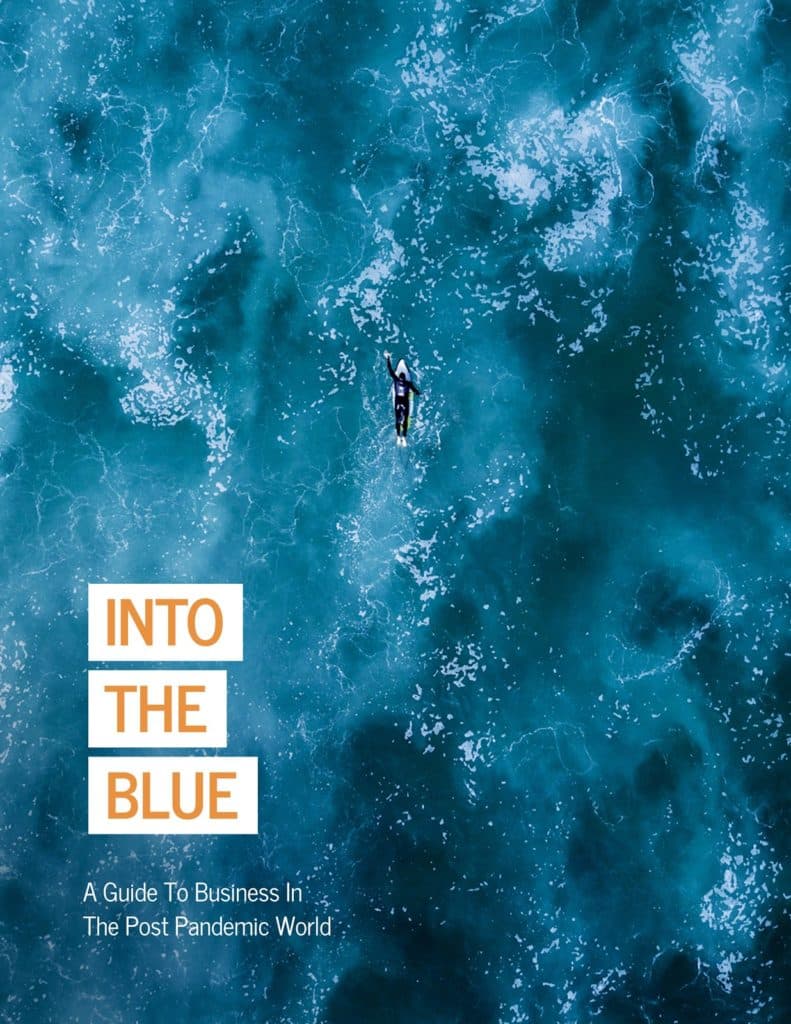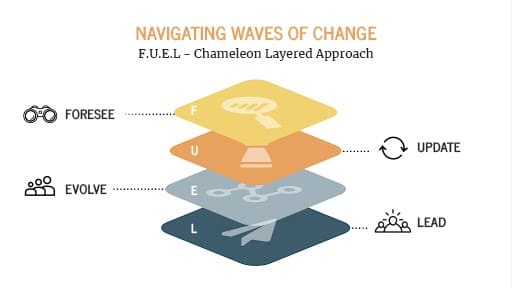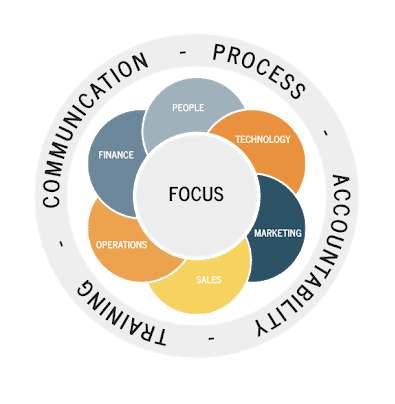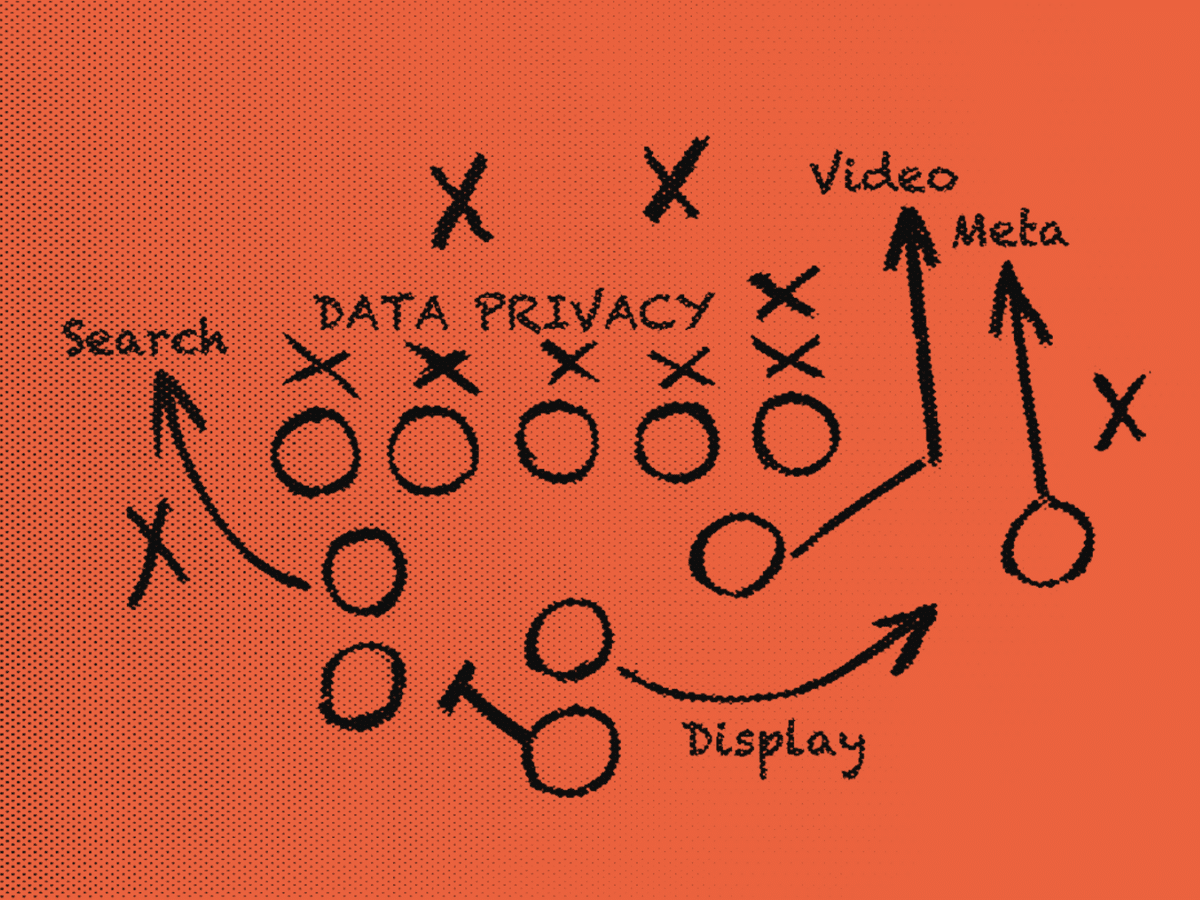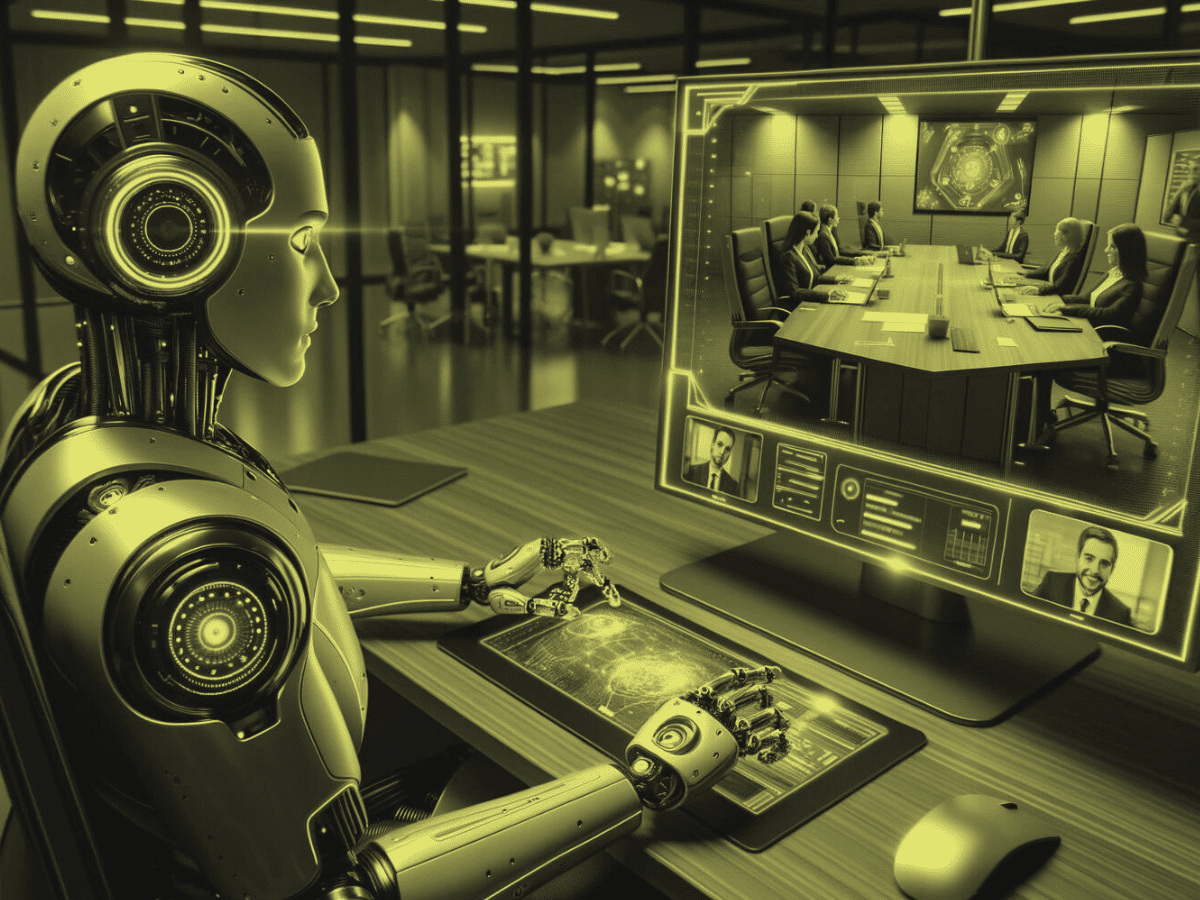Backed by our own data and historical trends, Chameleon Collective’s new business guide in the post-pandemic world, “Into The Blue,” offers a bird’s-eye view of how our life, our work, and our relationships will change in response to the COVID-19 pandemic.
This week, Chameleon Collective released a comprehensive business report entitled “Into the Blue – A Guide to Business In the Post Pandemic World.” Built to shed light on the unknown and help businesses navigate murky waters, Into the Blue offers a deep-dive into how business, industry, and the way we go about our day-to-day lives will change in light of the COVID-19 pandemic.
Fill in the form to receive a link to download Into The Blue:
The pandemic is such a significant change agent not only because it forces humanity the world over to adapt and try new ways of doing things, but also because it keeps us in these new behaviors long enough for them to take root and become the new normal. A study carried out at University College London found it takes approximately 66 days for new behaviors to become habits.
The insights and forecasts are based on the latest market research, pre-existing trends, and findings from Chameleon Collective’s own survey. Categorized into three primary chapters, Into the Blue examines the way we live, the way we work, and the way we interact in the context of a rapidly changing business landscape. These chapters cover major facets of American life, from e-Selling and shopping to remote learning and remote healthcare, to dating, entertainment, and relationship building.
The fourth and final chapter of ‘Into The Blue’ illustrates how business and industry leaders can apply the research and impacts predicted in the first three chapters using the F.U.E.L. methodology: Foresee, Update, Evolve, and Lead. While the findings in ‘Into The Blue’ were gathered in a time of intense market disruption and tumultuous, rapid change, chapter 4 offers a framework for enacting change that industry professionals can apply, no matter how market trends and impacts of COVID-19 evolve.
In addition to compiling the latest market research across all markets, Chameleon Collective conducted its own survey to learn what Americans did before the pandemic and how they anticipate their habits to change post-pandemic. A small cross-section of findings from this survey include:
- Some workers plan on working remotely even post-pandemic. 25% of workers surveyed anticipate shifting to permanent, 100% virtual work after the pandemic, up from 8% of respondents before the pandemic.
- Americans miss dining out, but it’s not worth the risk: Only 6% of respondents plan on dining in at a restaurant once per week after the pandemic, down from 19% who said they dined out that frequently before. When asked which activities they would never participate in after the pandemic, nearly 40% of respondents said they would never dine in at a restaurant. However, a clear majority (71%) reported that “going out to eat” was the activity they were most looking forward to after the pandemic.
- eLearning has its issues, but there exist some benefits. 44% of respondents anticipate continuing to participate in eLearning post-pandemic. Of those respondents, 50% are below 29 years old and 48% earn less than $75K annually.
- 41% of respondents report never going out on dates pre-pandemic. After the pandemic, 57% of people anticipate not going out on dates. These figures shift to 30% and 50% respectively in the age demographic of those under 29. Only 21% of respondents report looking forward to dating after quarantine restrictions are lifted.
- Attendance at in-person concerts and sporting events will remain low: 42% of respondents never attended live sporting events before the pandemic, and 64% don’t intend on attending live sporting events afterward.
Based on in-depth market research analyzed against the findings from the Chameleon Collective survey, Chameleons predict that:
- A poorer world will bring about a greater need for expertise and an accelerated growth of corporate responsibility, to combat the cautious consumerism that comes with an economic depression.
- Ongoing focus on remote working will transform the workplace giving employers confidence that many types of workers can be as effective, or even more effective, working remotely. A butterfly effect will create massive disruption in all of the industries from real estate to retail that build their business around proximity to office-based workers.
- Virtual dating will continue to grow in popularity, from online dating app usage to meet people, to video chat dates to get to know one another.
- The shift to e-selling will require broad retraining programs and team changes. Less in-person meetings will mean that sales staff must become more effective at detecting cues in people’s voices in the absence of non-verbal cues like body language. They must adapt to sell professionally over video calls while evolving their communication style to project across this new medium.
- New habits formed from long shelter-in-place orders will increase demand for home fitness equipment, meal kit delivery services, and home entertainment gadgets.
- Urban migration patterns and shifts in inter-city travel will lead to stagnant and underfunded public transit systems, as well as a decreased dependence on cars in favor of biking, walking, and other, more self-sufficient modes of transit.
Ultimately, this business guide in the post-pandemic world is designed to bring together significant amounts of data that illustrate the forces that will impact the way we live, work, and interact while providing a clear approach for business leaders to use this data in meaningful ways to update their business strategies, evolve their operational capabilities, and have the confidence to lead their respective businesses “into the blue”.

